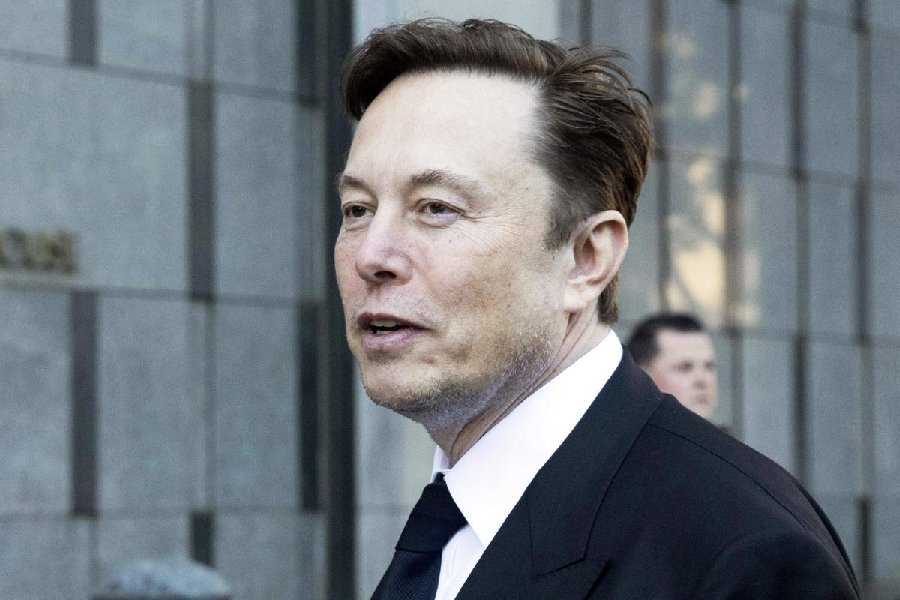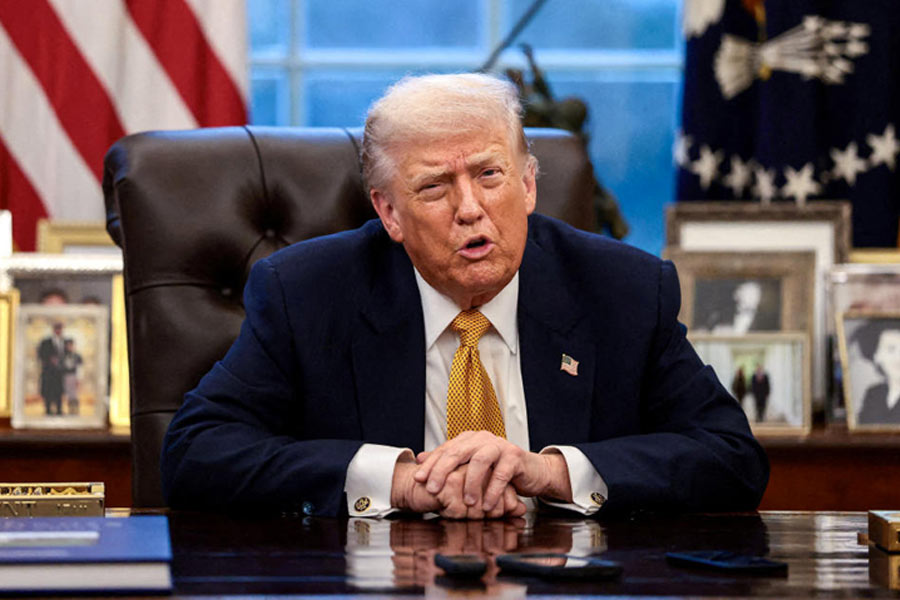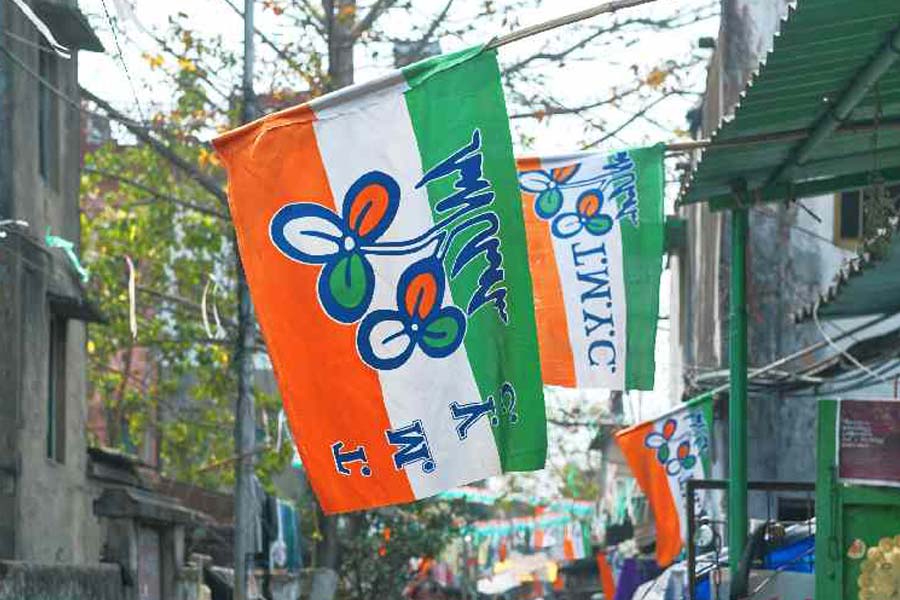All eyes are on the upcoming April 1 Supreme Court elections in swing state Wisconsin. The run-up to the election has already garnered national attention due to an unprecedented campaign spending and the involvement of high-profile individuals. Now, tech titan Elon Musk has gone on to say that he will give a million dollars each to two US Supreme Court election voters.
In an X post that has garnered several reactions, Musk said, “On Sunday night, I will give a talk in Wisconsin. Entrance is limited to those who have voted in the Supreme Court election. I will also personally hand over two checks for a million dollars each in appreciation for you taking the time to vote.”
Why is Wisconsin important to Trump administration?
The court is likely to render crucial decisions on abortion rights, labour rights and congressional redistricting – and may determine voting rules for the 2026 midterm elections and the 2028 presidential race, when Wisconsin is again poised to be a critical battleground. President Donald Trump carried the state by less than a percentage point in November.
The contest between liberal Susan Crawford, a county judge, and conservative Brad Schimel, a county judge and former Republican state attorney general, is technically non-partisan, but that has not stopped Democrats and Republicans from going all in. Both state parties have lined up behind their favoured candidates, and Trump endorsed Schimel on Friday.
According to Reuters, more than $17 million has already been spent by groups tied to Elon Musk helping shatter election spending records
How Supreme Court justices are appointed in US
US Supreme Court justices are appointed, not elected, through a nomination and confirmation process. When a seat becomes vacant, the President nominates a candidate, usually selecting someone whose judicial philosophy aligns with their own political views. The nominee then faces confirmation hearings before the Senate Judiciary Committee, where their qualifications and legal stance are evaluated. After the hearings, the full Senate votes on the nomination, requiring a simple majority (51 out of 100 votes) for approval. Once confirmed, justices hold a lifetime appointment, serving until they choose to retire, pass away, or are impeached. This process ensures that justices remain independent from electoral politics.
Impeachment attempt at the judiciary
Donald Trump had recently lashed out at the judiciary on X, calling for the impeachment of US District Judge James Boasberg. Musk then endorsed the X post by terming the impeachment of "a lot of judges in our country" as "essential".
Trump referred to Boasberg as a “Radical Left Lunatic” and accused him of trying to derail his administration’s efforts to deport Venezuelan gang members under a rarely invoked 1798 law.
“This Radical Left Lunatic of a Judge, a troublemaker and agitator who was sadly appointed by Barack Hussein Obama, was not elected President,” Trump wrote.
Boasberg’s ruling had questioned the timing of Trump’s use of the Alien Enemies Act to declare the Venezuelan gang Tren de Aragua a wartime threat. The administration insisted that the deportations had begun before Boasberg’s order to halt the flights.
Trump, however, viewed the judge’s intervention as a direct assault on his authority.
“I’m just doing what the VOTERS wanted me to do,” Trump wrote. “This judge, like many of the Crooked Judges I am forced to appear before, should be IMPEACHED!!!”
The President also highlighted in CAPITALS: "He didn’t WIN the popular VOTE (by a lot!), he didn’t WIN ALL SEVEN SWING STATES, he didn’t WIN 2,750 to 525 Counties, HE DIDN’T WIN ANYTHING!"’
Also a thing of the past
Musk has previously proposed impeaching judges who blocked the administration’s immigration policies.
On the same day that Trump attacked Boasberg, US District Judge Theodore Chuang in Maryland issued a stinging rebuke to Musk.
In a preliminary ruling, Chuang blocked Musk and the Department of Government Efficiency (DOGE) from shutting down the US Agency for International Development (USAID). The judge ruled that their actions likely violated the Constitution.
The lawsuit, filed by current and former USAID employees, accused Musk of seizing control of the agency and freezing payments.
In a February 3 post on X, Musk had boasted that he had “spent the weekend feeding USAID into the wood chipper.”










